
A Six-Chapter Report on Mercury Use, Sources and Releases in Ghana has been launched in Accra.
The Report--The Minamata Initial Assessment (MIA) Report on Mercury use, Sources and Releases in Ghana--in Chapter One, provided a National Background Information on the Geography, Population, Environment, Politics and the Economy of Ghana, while Chapter Two to Chapter Six, respectively, provided information on Mercury Inventory and Identification of Emissions and Releases; Policy Regulatory and Institutional Framework Assessment; Identification of Populations at Risk and Gender Dimensions; Awareness and Understanding of Workers and the Public; and an Implementation Plan and Priorities for Action.
Speaking at the launch in Accra on Friday, August 31, 2018, Mr Louis Kuukpen, Assistant Country Director, United Nations Development Programme (UNDP), described the Report as a positive demonstration of the commitment of Ghana to fully implementing its obligations as a party to the Minamata Convention.
Mr Kuukpen said the Minamata Convention aimed to protect human health and the environment from anthropogenic emissions and releases of mercury and mercury compounds.
He said supporting countries in their efforts to prepare for and meet their future commitments under the Minamata Convention was an important component of UNDP'S mandate to achieve sustainable, inclusive and resilient human development through the UN Sustainable Development Goals (SDGs).
He, therefore, pledged the UNDP's continued partnership with the Government of Ghana and other Development Partners for the realization of human development and environmental sustainability.
The Minamata Convention on Mercury was initiated in 2009 under the auspices of the United Nations Environment Programme (UNEP), agreed upon at the Fifth Session of the Inter-governmental Negotiating Committee in January 2013 and adopted at the Conference of Plenipotentiaries in Kumamoto, Japan on October 2013.
With the coming into force of the Convention in August 2017, State Parties are required to ensure that by the year 2020, a range of mercury-containing products are banned in their countries.
Among the measures set out in the Convention to meet the objective are that there should be controls on mercury supply sources and trade (Article 3); mercury-added products (Article 4); manufacturing processes in which mercury compounds are used (Article 5); artisanal and small-scale gold mining (Article 7); emissions (Article 8); and releases (Article 9).
To facilitate the early implementation of the Convention, each signatory is required to undertake an initial assessment to collect information that will assist in its decision to ratify the Convention; notify the Convention in accordance with Article 7; develop a National Implementation Plan (NIP) in accordance with Article 20; and to prepare a National Action Plan (NAP) for the reduction of emissions of mercury in accordance with Article 8.
All humans are exposed to some level of mercury. While most people are exposed to low levels of it, others are exposed to high levels often over a short period of time and mostly in less than a day, especially through industrial accidents. Mercury exposure could be very harmful to humans as it has toxic effects on the nervous, digestive and immune systems as well as the lungs, eyes, skin and kidneys of persons affected.
Realizing the grave threats mercury poses to the human health and the global environment, Ghana ratified the Minamata Convention in March 2017 and with the coming into force of the Convention in August 2017, Ghana was, therefore, expected to take steps to phase out mercury use in the country by the year 2020.
To enable the Government of Ghana establish a sound foundation to undertake future work towards the implementation of the Convention, the Global Environment Facility (GEF) provided funding through UNDP to undertake the Minamata Initial Assessment.
The Ghana Project--Development of Minamata Initial Assessment Report-- was commissioned by the UNDP in 2017, with Dr Sam Adu-Kumi as Project Chairman.
Read Full Story
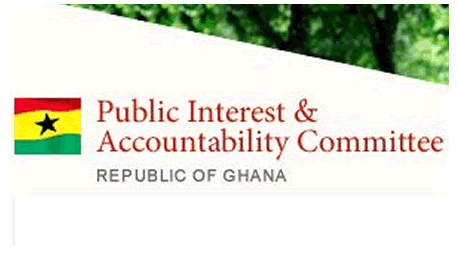
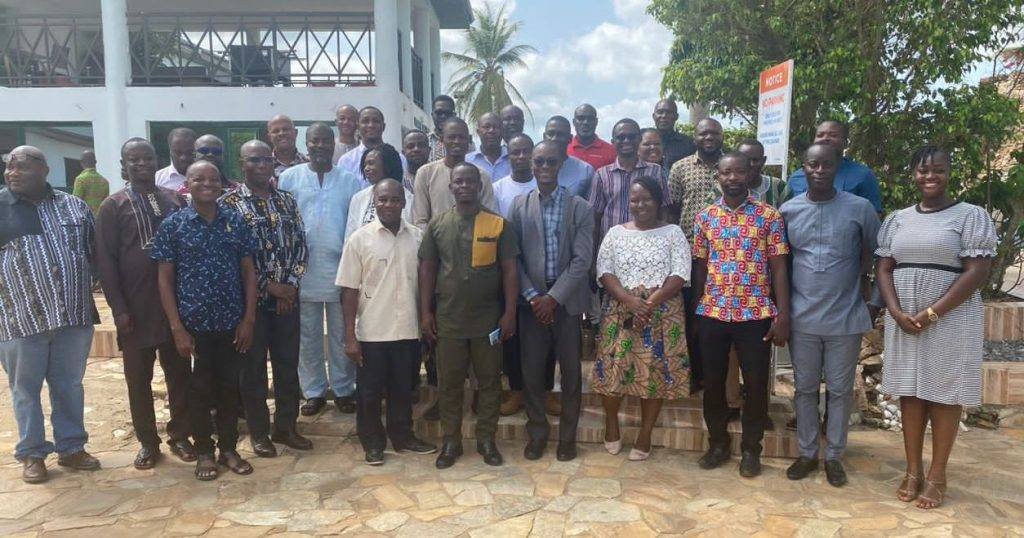
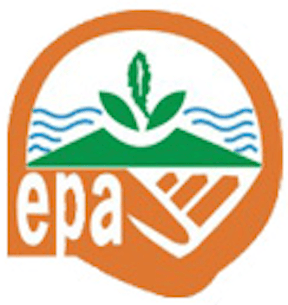
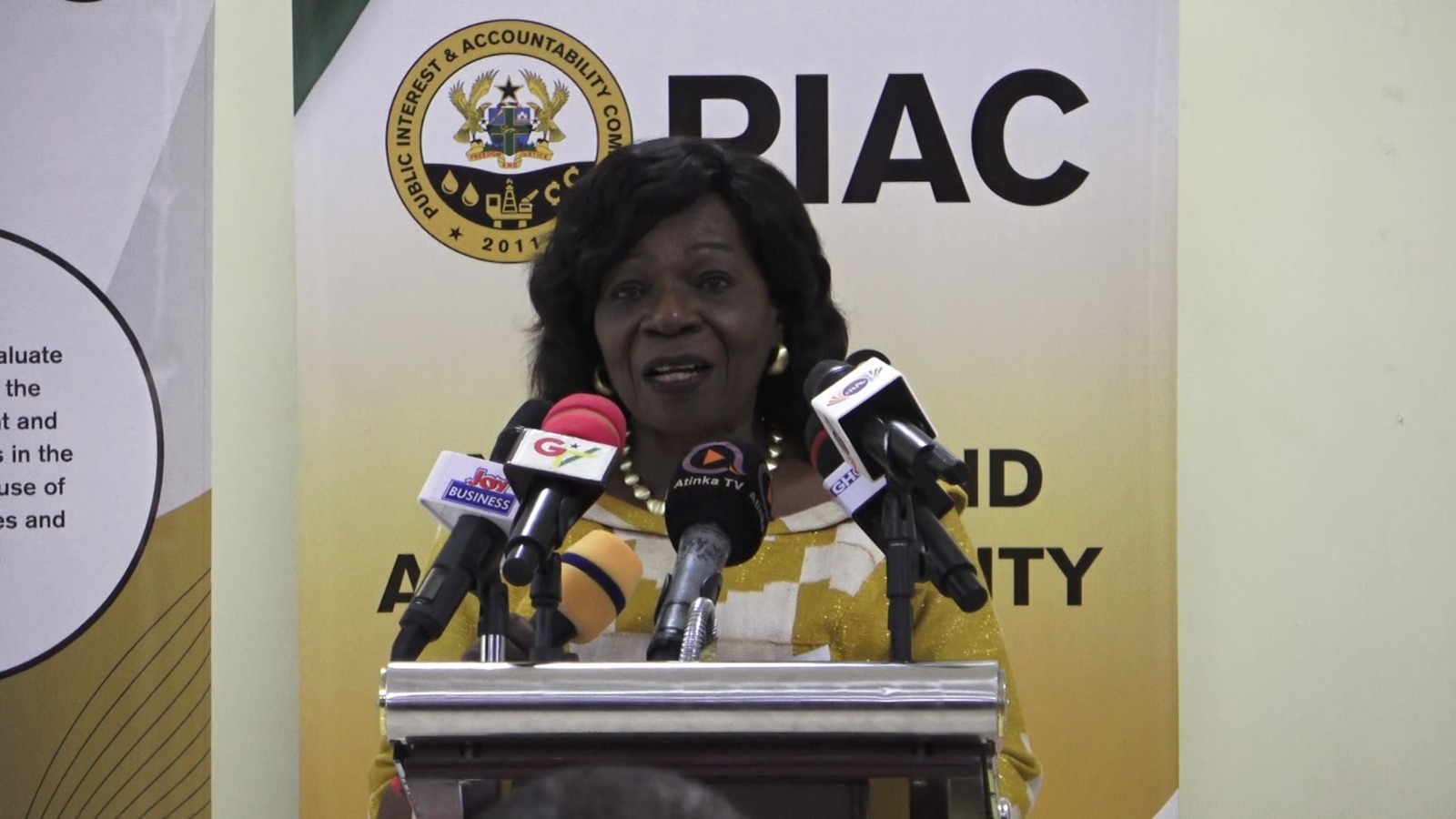
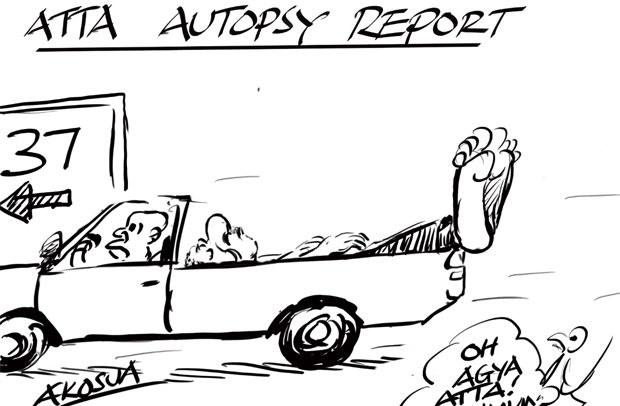
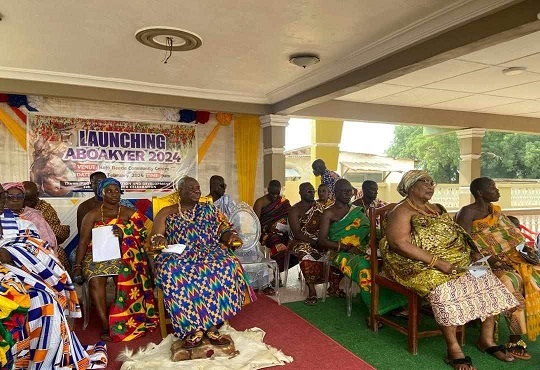














Facebook
Twitter
Pinterest
Instagram
Google+
YouTube
LinkedIn
RSS